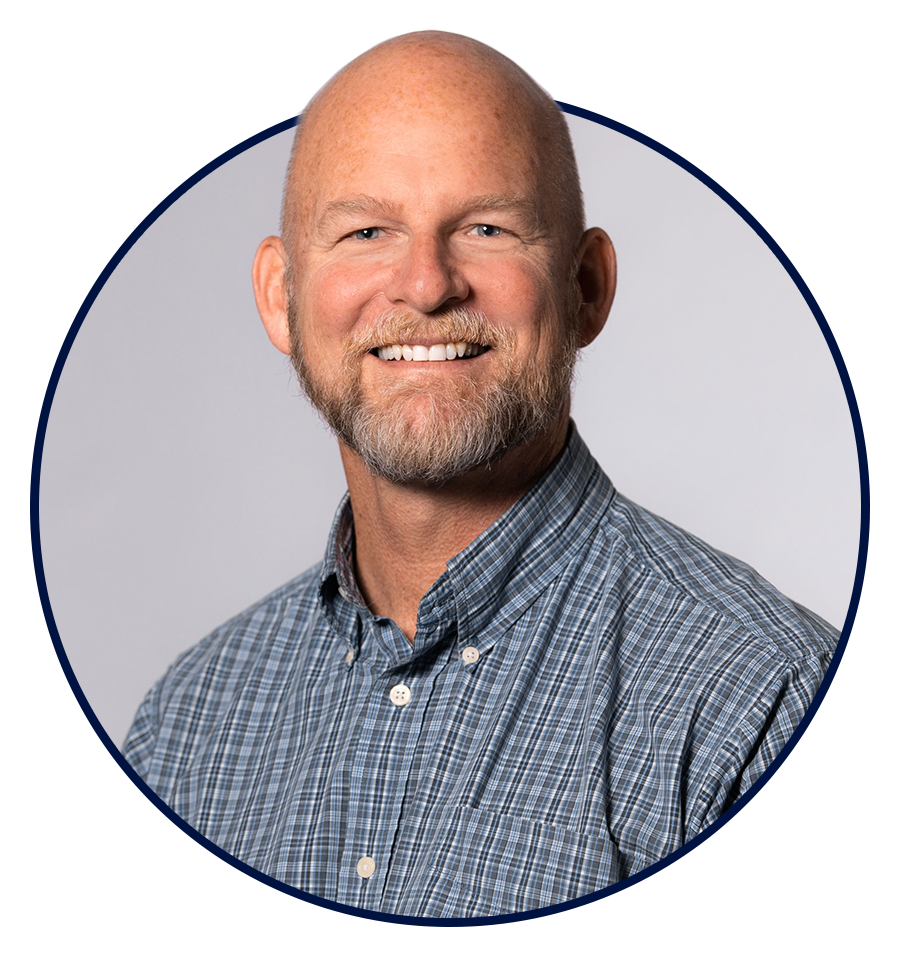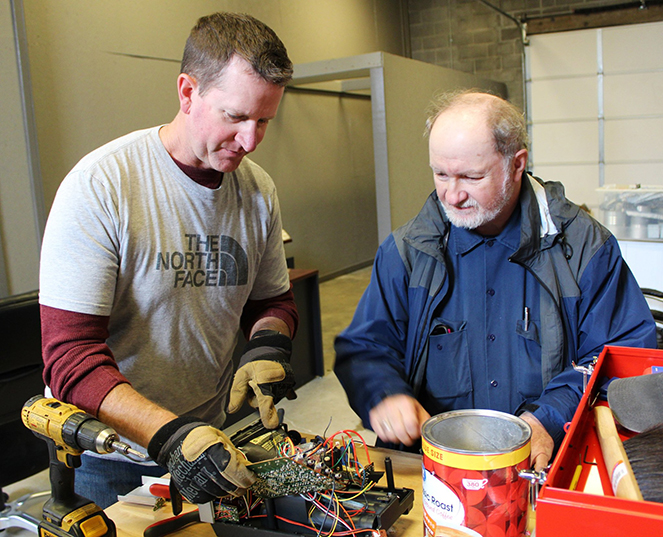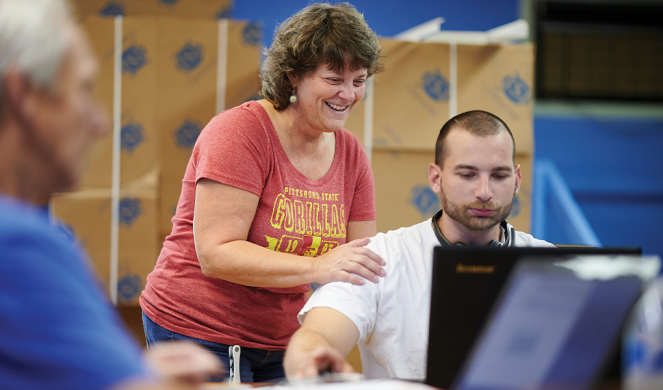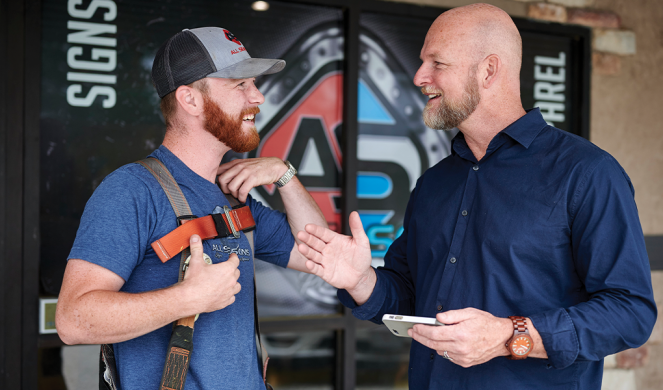In the summer of 2000, my wife and I opened the doors of a small outreach to the poor in downtown Joplin, Missouri. Watered Gardens Ministries has since grown to a multi-campus ministry that shelters, feeds, clothes and does much more for people who are hurting, addicted, homeless and poor. It’s been our joy to be a part of a growing work that expands its reach every year to help those in need and shares Christ’s transforming message.
We reached a point within the first few years of ministry when we realized our good intentions may actually be part of perpetuating a problem. We had a heart for the poor, but not a mind for the poor. We were serving many people but seeing very little change in their long-run situations. We decided to shift to a model that challenged them to be a part of their own solution through relationship and accountability. We moved from perpetual crisis relief toward long-term development.
_
We built a “Worth Shop,” a social enterprise where people could earn what they needed by working alongside volunteers on creative tasks. The rate of exchange is very generous – an hour’s worth of work can earn a week’s worth of food, but we want to emphasize our clients’ capacity to give and create. We also incorporated more deliberate care coordination – conversations with caring staff members who help clients set and attain personal goals. This new model was a change for clients. Many told me they felt like we were letting them keep their dignity – “you take the shame out of the game,” one said. Others were less interested. “Why should I have to work for my food?” one man asked. We went from serving as many as 4,000 people a year to just 1,300 a year.
_
The people who kept coming started seeing marked improvement in their housing, employment, education, and relationships. We measure these things meticulously to ensure our programs accomplish what we intend. However, 2,700 people who had frequented our ministry stopped coming. Where did they go?
_
This question troubled me greatly. We had finally built programs that were amplifying people’s capacity and resulting in real transformation, and hundreds of people stopped coming to benefit from them. The sad reality is that these people fell back on a social safety net that allows them to maintain a meager existence without giving them the tools or the motivation to improve their situation. That social safety net consists of arms-length handouts from both well intentioned private charities and a mishmash of government programs fraught with perverse incentives. Unfortunately, this blind charity fosters oppressive dependency in the very people we ought to love and empower.
_
In his book, The Tragedy of American Compassion, Marvin Olasky wrote, “Dependency is merely slavery with a smiling mask.” Today, that mask is the continued distribution of resources in the way of food stamps, housing assistance, and short-sighted forms of private charity lacking meaningful outcomes. It was this realization that inspired True Charity. We aspire to improve charity, influence relevant policy, and inform the public about this critical issue. There has never been so important a moment in our history to provide just and effective alternatives to state welfare, to empower and ennoble the poor, and to take up the mantle of true and effective charity.
_
For Charity and Liberty,

James C. Whitford
Co-founder and CEO True Charity






